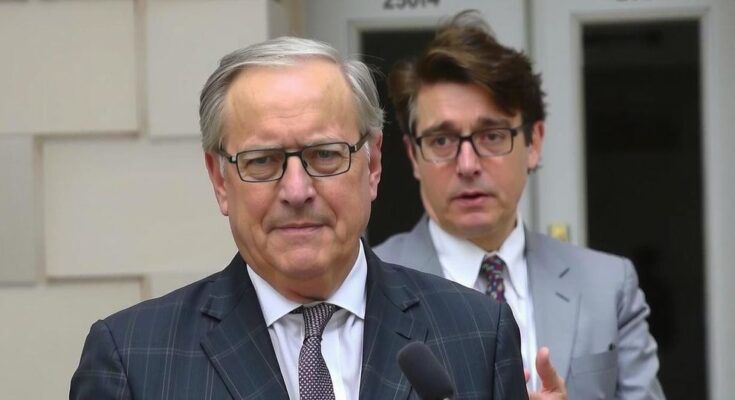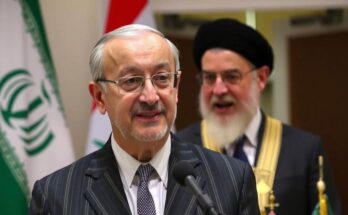Annalena Baerbock, Germany’s Foreign Minister, visited Syria for talks with the new rebel-led government. This follows the overthrow of Assad, leading to HTS’s control under Ahmad al-Sharaa. Baerbock stressed the importance of inclusivity for future relations with Germany and the EU.
On January 3, 2025, Germany’s Foreign Minister, Annalena Baerbock, visited Damascus, Syria, for discussions with the newly established government formed by rebel factions. The trip included French Foreign Minister Jean-Noel Barrot, indicating a unified European approach towards the Syrian situation. Following the overthrow of former President Bashar Assad, who has sought refuge in Russia, the Islamist group Hayat Tahrir al-Sham (HTS) has taken control, placing its leader, Ahmad al-Sharaa, at the helm of the transitional government. Minister Baerbock emphasized that Germany’s engagement with Syria would depend on an inclusive political framework that respects the rights and roles of individuals from all ethnic and religious backgrounds.
The context of this significant diplomatic engagement arises from the recent overthrow of Bashar Assad’s regime in Syria. The country has been engulfed in conflict since 2011, leading to a complex power struggle among various groups. With the rise of HTS, which has previously been associated with extremist ideologies, the international community is closely monitoring how the new leadership will govern and whether it will foster a political environment conducive to peace and inclusiveness.
In conclusion, the visit of Germany’s Foreign Minister Annalena Baerbock and her emphasis on inclusivity in the new Syrian political landscape illustrates a critical moment for foreign relations in post-Assad Syria. The international community’s response will largely hinge on the transitional government’s commitment to democratic principles and the protection of diverse community rights. The future of relations between Syria and the EU remains contingent upon these developments.
Original Source: www.dw.com




